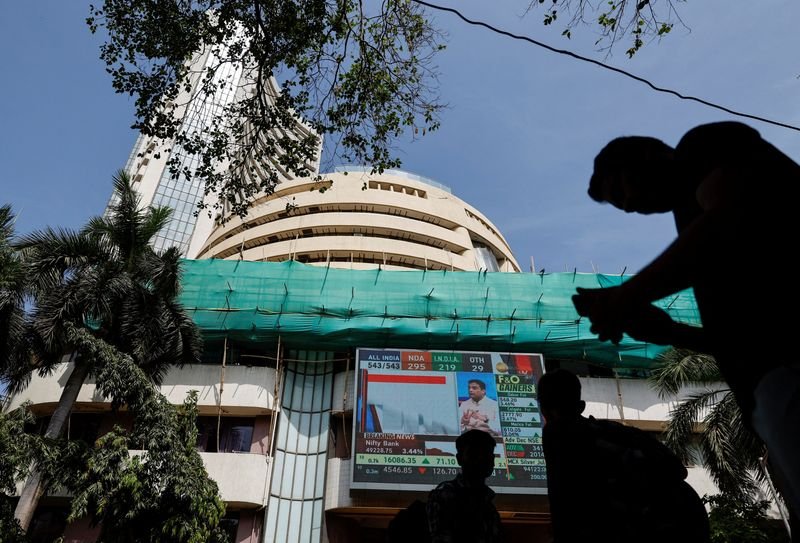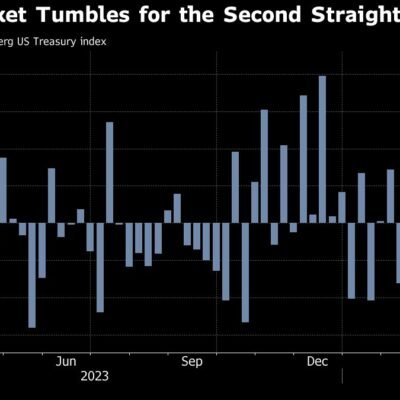MUMBAI (Reuters) – India wants to discourage “excessive speculation” in the derivatives market, and tax changes announced in the budget are intended as one way to do this, a senior finance ministry official said on Wednesday.
The government raised the transaction tax on derivative trading on Tuesday.
It also increased capital gains tax on equity investments to 20% from 15%, effective immediately, for stocks held for less than one year, and to 12.5% from 10% for those held for longer.
“Our view is there is some excessive speculation in the derivative segment,” T.V. Somanathan, finance secretary at the Ministry of Finance, told Reuters in an interview.
But he said the tax changes may not be enough in themselves and the market regulator may have to take further measures to cool activity in the derivative market.
India’s monthly notional value of derivatives traded was a worldwide high of 9,504 trillion rupees ($113.6 trillion) in May, data shows.
Retail investors now account for 41% of overall derivative trading volumes, compared with just 2% in 2018.
Somanathan said the ratio of nominal value of derivatives traded across Indian markets to the volume of cash trades was “abnormally” high.
As an example, the value of derivatives traded in India in July 2023 was 422 times that of traditional cash trading – compared to 36 times in Germany, nine times in the U.S. and twice across the euro zone as a whole, Axis Mutual Fund said in a report last October.
“Moving activity from the derivative segment to the cash segment and moving it from short-term speculation to long-term investment are objectives which the government has in mind and some of our tax changes are done with those objectives in mind,” he said.
(Reporting by Nikunj Ohri and Manoj Kumar; Editing by Andrew Heavens and Kevin Liffey)





